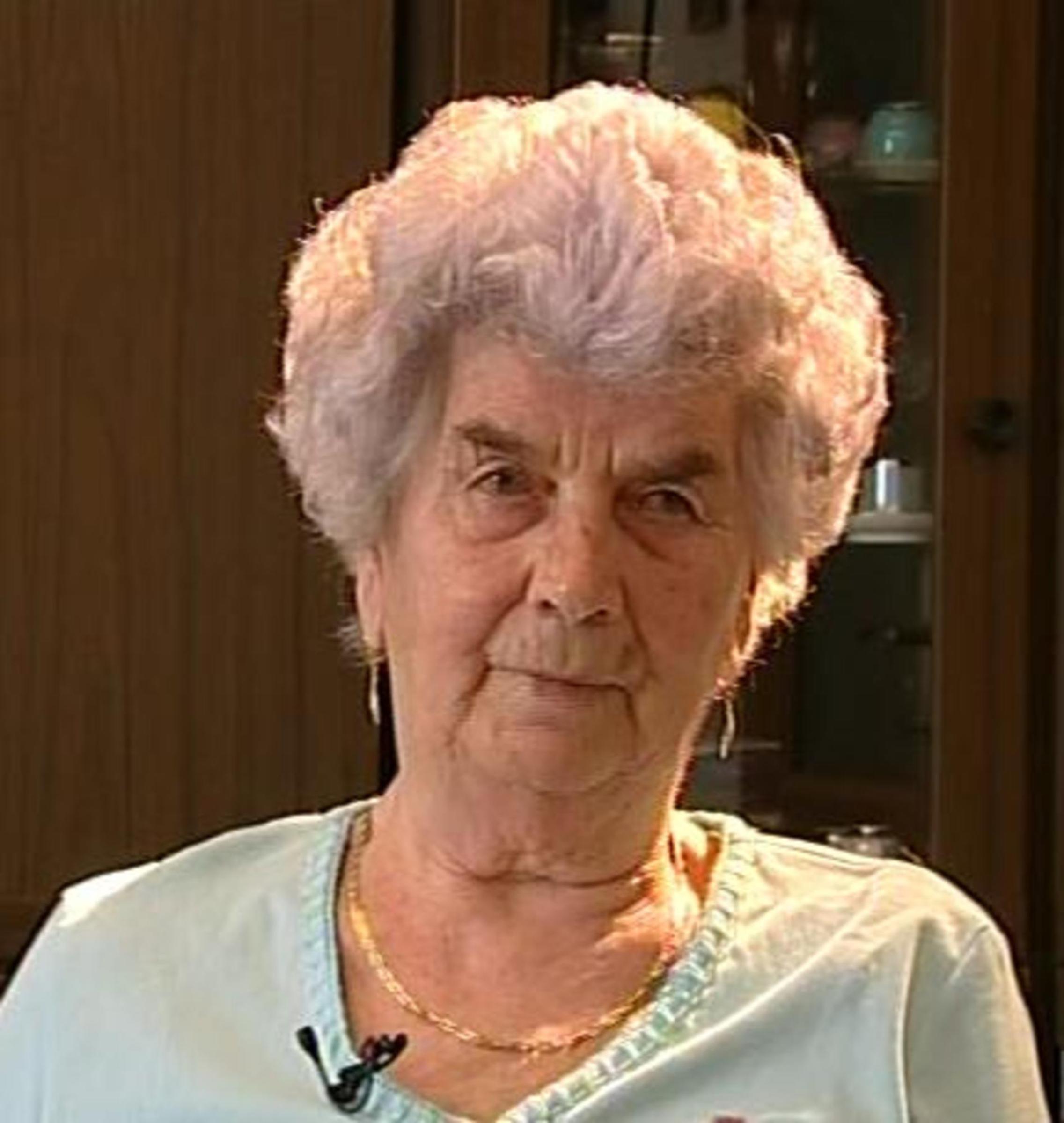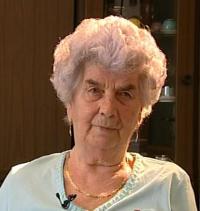My husband had served his sentence for almost five years, and I - young woman – was at home. Why? What was this for? Until today I can´t understand why all of this happened
Zuzana Bacigálová, nee Kunochová, was born in a Slovak town of Babín into a peasant’s family in 1930. After her marriage to Ľudovít Bacigál, she moved to Senec near Bratislava, where her husband bought 15 hectares of arable land after his return from war. However, just a few months after the wedding - on July 7th, 1952 - the State Security came for him. Along with three other farmers, he was quickly sentenced by a district court for a criminal offence of sabotage to seven years of prison and a 50 000 crowns fine. The other convicts got the same or even worse sentences. At the same time, the property of all was confiscated by the state and they lost their civil rights for ten years, moreover, they were banned to reside in the district of Senec for life. They appealed against the verdict to a county court in Bratislava, which ordered a public hearing on December 2nd, 1952. According to the verdict, all the peasants were against collective farming. Allegedly, they joined the single agricultural collective only to make use of all its advantages. The court supposed their final goal was a disruption of the collective, through which they should have gotten their property back, and through which they would „return to the capitalist way of economy”. Based on the verdict, Zuzana and Ludovít Bacigál’s house was confiscated, as well as their land, living and dead stocks. The husband of Mrs. Bacigál had been serving his sentence subsequently in Leopoldov, Ilava, Pankrác - but most of his suffering, which ended not before April 1957, he spent in Jáchymov. The sentencing of her husband changed radically the life of Mrs. Bacigálová, working then in West-Slovak Mills in Senec. According to an order of the People’s Committee in Senec, she had to give up her flat in October 1952. In May 1952, she received a measure which specified a new residence for both husband and wife - a state property of Moravany, in a Čáslav district, near Pardubice. A lorry came for Zuzana Bacigálová on May 6, 1952 which drove her and her essential belongings to a half-ruined farm in Moravany, where she received a single room. Mice, cold, insufficient food and tough work paid only in milk, corn and pollard became a common part of her life. Not sooner than after three years she managed to get to native Orava, where she took care of her seriously ill mother. There she also waited for the arrival of her husband, who was released on April 12, 1957. All the accusations against him were cancelled, which allowed him to return to Senec, where they both had to face new problems, though. They had nowhere to live, couldn’t get any job for a long time so they started to build a new life from the scratch. Later, Mrs. Bacigálová got a job in a bakery in Bratislava; her husband also worked there. Together they raised three children. After 1989 Zuzana and her husband waited to see their judicial rehabilitation and compensation. They were given back the 15 hectares of land which was confiscated from them in the 50’s. However, because of Mr. Bacigál’s age, they didn’t go for private farming anymore and offered the land for rent instead.

